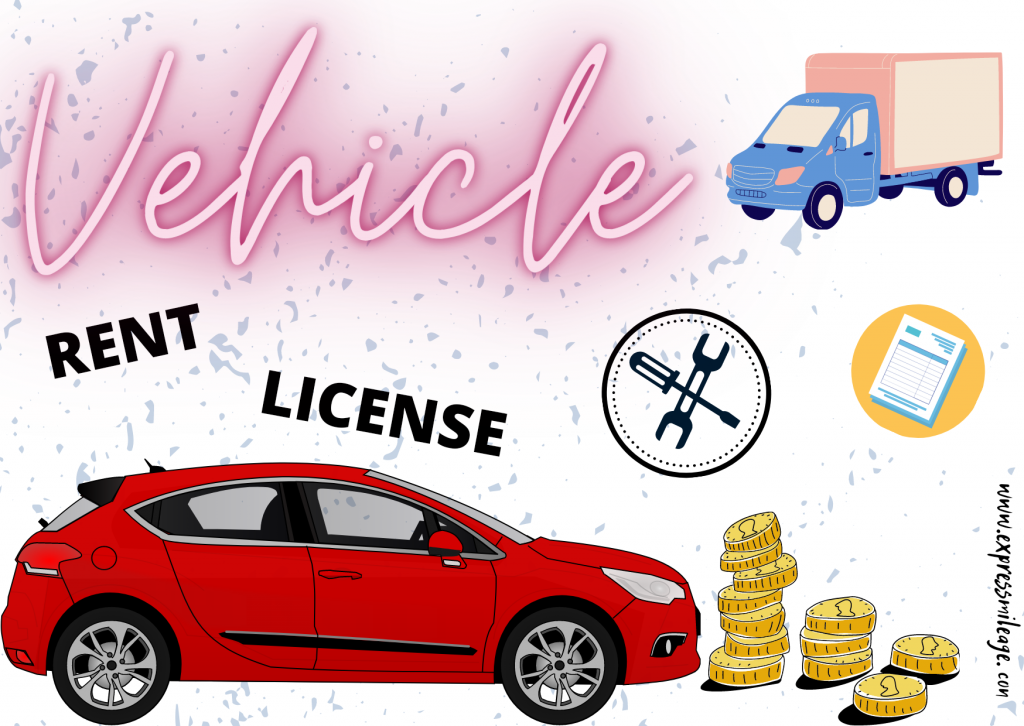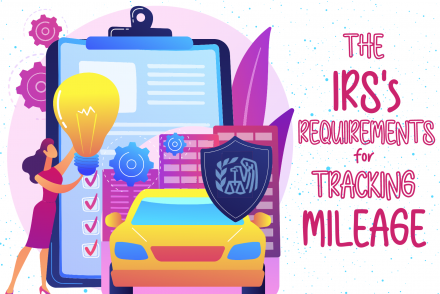Business mileage is one of the business tax deductions that you should track and prove so you can claim valid deductions. To avoid any penalties or fines, records must be timely and accurate. On calculating mileage deductions, there are two methods to choose but whichever, both can be beneficial in claiming deductions.
- Standard mileage deduction – you have to add all the miles you drove for business in the entire year and simply multiply that number by the standard mileage rate set by the Internal Revenue Service or IRS.
- Actual expense method – you can deduct the cost of your,
- rental, and insurance payments
- vehicle registration or inspection fees
- regular maintenance and repairs
- new vehicle parts expenses, and;
- depreciation expense

You have to add all the expenses mentioned above, then multiply the total by the percentage you used your vehicle for business purposes. If you are using a mileage app maker, it does the calculating, which makes it more convenient.
There are two ways to track your business mileage:
- Using Logbook method – the usual and old way of recording every trip in your vehicle. It allows you to claim a percentage of your car expenses.
- Mileage app or online mileage log maker – the easier and faster way to log your mileage anytime, anywhere. It helps you to maximize your tax deductions and reimbursements.

Both business mileage tracking methods are helpful but in two different ways. The most significant thing to remember is that you must be able to prove that you recorded the data at the time of the trip such as:
- Time and date of the drive for business purposes
- Starting point
- Destination or place of the drive
- The business purpose of the drive
- The total distance of the drive or odometer readings
Both private and business mileage should be recorded but only the business driving purpose is deductible. Do not wait on the day you need the records for your required tax year because catching up is a huge stress on your end. If you don’t keep records right away, you tend to forget the important data expenses that you are supposed to save, resulting in not including them in your business taxes reports, and you might miss out on a big amount of tax deduction. Worst scenario, you might demand the deduction, and you can’t prove it which results in more serious problems. Keep in mind that during an audit, the IRS will ask for your mileage records and supporting documents to prove your miles driven are accurate and complete.
Always track your vehicle expenses for business use and avoid procrastination, as sometimes we tend to forget things. How to prepare for a tax audit and the Benefits of using a mileage log maker will educate you to do the right things on tracking your business mileage. You may also want to read more tips and check the IRS website regularly for updates. Basically, they have an announcement on rate change annually.
To give you more ideas, feel free to visit the Express Mileage FAQ’s page.



